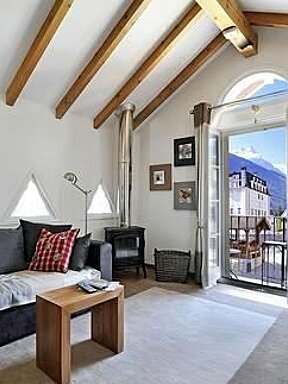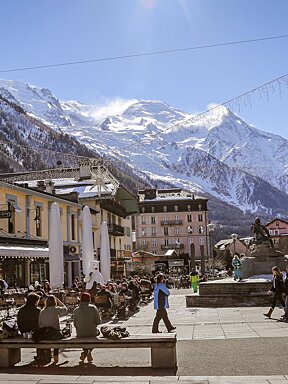EasyJet campaigns for 'polluter tax'
EasyJet has launched a 'green' campaign which recommends that Air Passenger Duty* is replaced with a tax based on aircraft types and distance travelled. It says taking this approach will ensure that airlines would be incentivised to operate the most environmentally-efficient aircraft.
It has released its plans, along with a report on the environmental impact of air travel, to encourage "UK politicians to adopt a more intelligent approach to air travel". It will be taking full-colour full-page advertising in selected national newspapers throughout the Party Conference season and will broadcast environmental messages to its passengers on the backs of aircraft seats from early October.
Its report, called 'Towards greener skies: the surprising truth about flying and the environment', claims that:
The airline says APD nets around £2.4 billion for the taxman annually, but does not reflect the emissions of a flight. "Approximately 40% of UK aviation activity is exempt (freight, private jets and transfer passengers) – APD taxes families, but not private jets," says its report. "APD is flat rate so a passenger going to Marrakech pays the same as one going to Melbourne and individual passengers pay the same whether they chose to fly on a clean aircraft or a dirty aircraft."
Chief executive Andy Harrison, added: "The time has come to scrap APD in its current form and replace it with a "polluter tax" that has at its heart a very simple notion – those that fly on airlines that pollute less, like easyJet, should pay less. We should all demand a more intelligent approach to flying. Politicians must incentivise consumers to take the greener option when it is available – this means banning the dirty, old aircraft from our skies; getting the right tax regime in place to reward cleaner behaviour; being realistic about the value of aviation and resisting the temptation to advocate alternatives when no such alternatives exist."
Source: Travelmole
* Air Passenger Duty is an excise duty (known sometimes as the Departure Tax) levied by the UK Government and collected from airlines by HM Revenue and Customs. On “paper” tickets it is usually shown in the "tax/fee/charge" box* with the code GB. The Government has increased Air Passenger Duty rates with effect from 1 February 2007, further details on which are available from the HM Treasury website



























